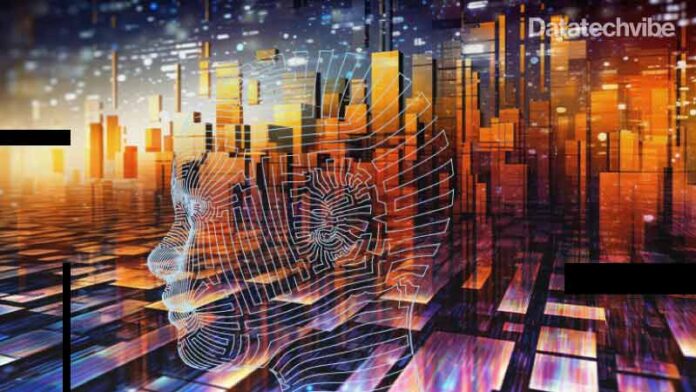Discover how Generative AI, a technology evolving rapidly, is reshaping the digital economy. Karthik Ananda Rao, Chief Technical Evangelist at ManageEngine, sheds light on its applications and potential impact on the job market.
From writing to art and music, Generative AI has evolved to a stage where it can create a wide range of content based on even the most arbitrary human inputs. The pace at which this tech has grown is truly remarkable. Sure, rudimentary models have existed for decades, but only in recent years have we seen models with advanced generative capabilities.
While the more immediate applications of Generative AI are, of course, in the creative space, there’s no doubt it can also play a vital role in the digital economy when harnessed properly.
In a recent update, OpenAI announced adding ChatGPT and Whisper (its speech recognition model) to its API, allowing organisations to integrate them into their websites.
ChatGPT’s impressive NLP (natural language processing) and NLG (natural language generation) capabilities, paired with Whisper’s speech-to-text capabilities, can be leveraged by organisations to improve customer service. This is already a largely automated process, operating on predefined inputs that, depending on the nature of the request, are resolved automatically or escalated to a human service agent. Organisations integrating ChatGPT and Whisper into their customer service bots can automate this process even further, limiting the need for human intervention to only special cases.
Like any disruptive AI technology, there’s a fear that Generative AI could replace human jobs. This is true, but now only applies to repetitive and straightforward tasks—less so to entire jobs. Many disciplines require judgement and an understanding of nuance and context, where humans have the upper hand due to our capacity for non-linear reasoning and decision-making. Moreover, introducing AI won’t be limited to removing jobs from the market; for example, WEF predicts that AI could create 95 million new jobs in the coming years.
To conclude, it’s natural to be apprehensive about new technology, especially those as disruptive as Generative AI. But this tech isn’t meant to replace us but to assist us. So why not welcome it with open arms? Over 100 million people have had ChatGPT alone. As time passes, other products and use cases will arise to assist in the digital economy, and these will, in turn, create more jobs, just like the digital revolution did a few decades ago.









